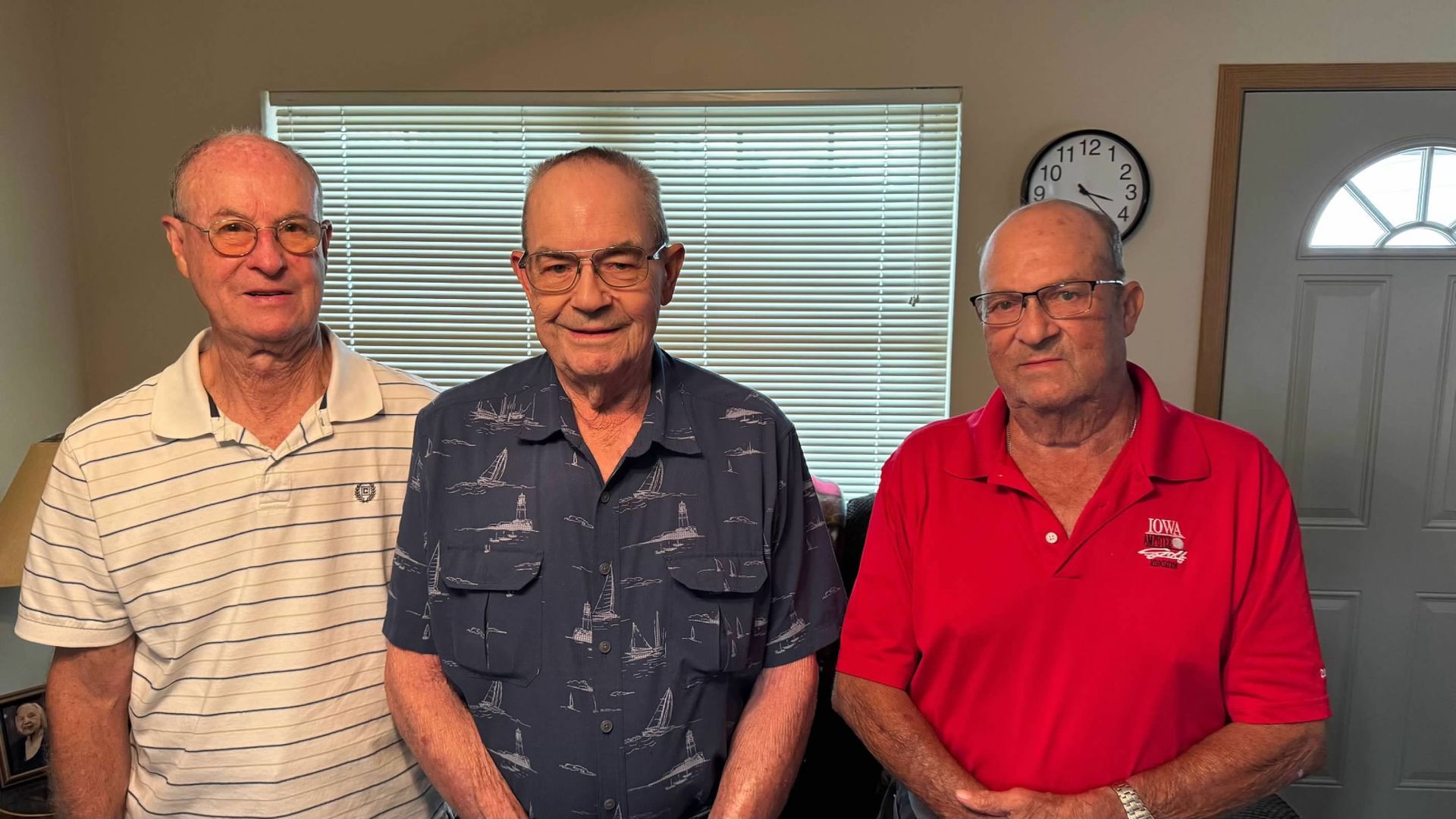Don’t Let Gratitude Hibernate
Six months ago, sitting on my patio, enjoying the abundant sunshine and warmth, I thought to myself, “What a great time to be alive!” The sun shined from the time I awoke until nearly the time I went to bed. I could have the windows open to let the fresh air in, and didn’t have to wear warm, bulky clothes. Summer weather gave me a lot to be thankful for.
I thought about that moment last week, during the winter solstice. Now, I awake and eat dinner with darkness outside. The windows are closed shut, and I’m wearing layers, even inside. Though winter weather doesn’t inspire much gratitude, gratitude should not hibernate. We just need to look harder to find it.
That’s kind of the way it goes with gratitude. When we need it most, it’s the hardest to find. It’s easy to be grateful when everything seems to be going your way. The sun is shining. You’re warm and happy, and tomorrow is something you eagerly anticipate. But what about those days when there’s more darkness in your life than sunshine? When you feel that the world is giving you a cold shoulder, and you worry about what challenges tomorrow will bring?
That was most of 1993 for me. In 1992, I had wrapped up a successful college experience, and became a high school teacher. It was now time to cash in on my hard work and dedication. Everything was going to be like college, except with a little more money and a lot less worry about college classes. Unfortunately, most of my friends were back in college, and I started to feel a little separated from them. Then, right before Christmas in 1992, my long-time girlfriend dumped me. Suddenly, nothing seemed right, and gratitude very rarely crossed my mind. When I needed gratitude most, I simply couldn’t find it.
I lost a year of my life wallowing in a negative mindset, because I wasn’t yet skilled in the art of gratitude. Sure, family and friends encouraged me to focus on all that I had to be thankful for, but I was 23 years old and lacked perspective, so I put up a wall, and instead focused on all that I had lost. To live in gratitude, you must learn how to control your thoughts, and I wasn’t there yet.
Gratitude is precisely what we need during challenging times in our lives. Beyond what gratitude does for a person’s outlook on life, it’s also proven to reduce depression and anxiety, boost heart health and relieve stress – in other words, it’s almost the perfect antidote for the mental and physical complications we experience when we’re dealing with life’s darkness.
Fortunately for me, at the end of 1993 – almost to the day of getting dumped in 1992, I rekindled a romance with my future wife, and we’ve been going strong for thirty years. Still, I wish that I hadn’t ceded so much of that year to darkness.
If darkness inside or outside has you feeling down, consider adding gratitude to your daily routine. Before you get out of bed in the morning, think about things that you are thankful for, even consider writing them down or sharing them with others. When negativity creeps into your mind, which it invariably will, use gratitude as a shield, and watch those thoughts of gratitude crowd negativity right out of your mind. Be consistent with these efforts, and soon, gratitude will become a habit.
No matter how dark and cold it may get, don’t let your gratitude hibernate.

